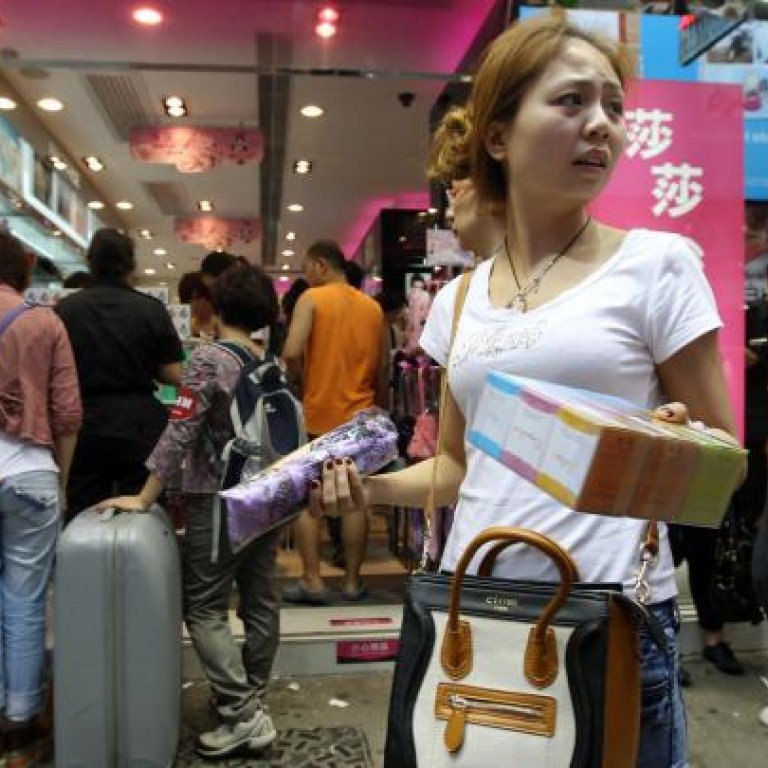
Clive Palmer's Citic Pacific suit adds to his China risk
The mining in Hong Kong will be familiar with Clive Palmer for having the distinction of having made four unsuccessful attempts to list his company Resourcehouse on the Hong Kong stock exchange.
One of Australia's richest persons, he is hardly ever far from the headlines there, whether it's to do with mining politics, football or golf. He also has the distinction of being one of the most litigious persons in Australia.
It is in this connection that we see that he is back in the headlines on account of taking out a lawsuit against Hong Kong-listed but state-controlled Citic Pacific. Palmer is threatening to terminate Citic Pacific's rights to mine iron ore from the nearly completed US$8 billion Sino Iron project being built on Palmer's mining ground in Western Australia's Pilbara.
The "deal of the century" as analysts call it because it heavily favours Palmer, has taken a heavy toll of Citic. Its original budget of US$2.47 billion has blown out to US$8 billion and could get as high as US$10 billion.
Citic has had to build the entire infrastructure, the port, power plant, desalination plant, and the mine. Citic has replied to Palmer's suit by taking out an injunction against his claims.
In addition to these costs a bungled attempt at hedging its Australian dollar risk has exposed Citic to a further US$2 billion in losses and cost former chairman Larry Yung Chi-kin his job. One can only assume that relations between the two sides have reached the point of no return. Because suing Citic Pacific is as near as it gets to suing the Chinese state, the chances of Palmer doing any further business with mainland entities after this must surely be remote.
He is also unlikely to have improved his chances of listing Resourcehouse here.
There is much talk in the mainland of an anti-corruption drive once Xi Jinping takes over the presidency early next year. President Hu Jintao spoke out against it during the recent 18th Communist Party congress saying that if it wasn't checked it would bring the party down.
However, this is not a new problem and much the same has been said before.
The of February 12, 1982 observes: "Amid reports that thousands of Chinese party and government officials may soon be fired or transferred, China has issued a notable public explanation of the reasons behind the anticipated shakeup. 'Whether rule by the communist party goes bad (as meat goes bad) or collapses is no longer a question of abstract theory, but a real danger,' writes Zhang Yen, a deputy secretary of the party's Central Commission for Inspecting Discipline. These arresting words are in the lead article of the latest Red Flag, the Chinese Communist Party's theoretical journal. Certainly Mrs Zhang, who is a veteran revolutionary and a founding member of the Women's Federation, does not expect communist rule in China to collapse tomorrow. But her entire 13-page article is a warning to party members and especially to cadres, that unless bureaucratism, indiscipline, corruption, and high living are rooted out, the Chinese Communist Party will be in deep trouble. She quotes with approbation a statement of another veteran revolutionary, party Vice-Chairman Chen Yun: 'The style (or way of life) of a party in power is a matter of life and death for that party'."
It may come as a surprise to learn that mainland tourists are consistently more satisfied than locals with shopping in Hong Kong. In a survey by GfK Hong Kong, local and mainland shoppers were asked about their shopping experience with respect to cosmetics, drug stores, consumer electronics, eyewear, baby care products, as well as watches and jewellery.
Mainlanders rated their experience 8.1 out of 10 compared with 7.4 for locals. Mainlanders were apparently impressed with the convenient location of stores, courteous and friendly sales staff and the wide choice of products and brands.
In yesterday's item on HSBC's possible sale of its stake in Ping An Insurance, we inadvertently transposed the figures for HSBC's stake to read 51.6 per cent instead of 15.6 per cent. As the Koreans say: "Even a monkey sometimes falls out of a tree."
Have you got any stories that Lai See should know about? E-mail them to [email protected]

